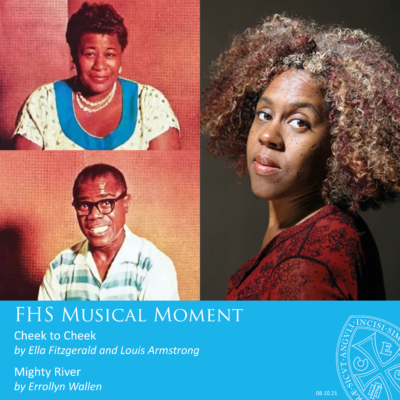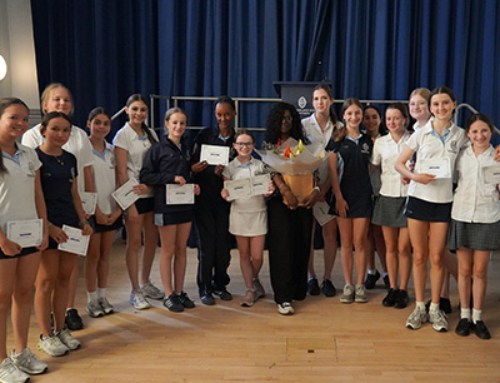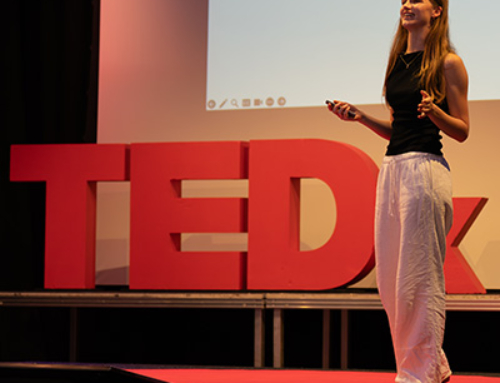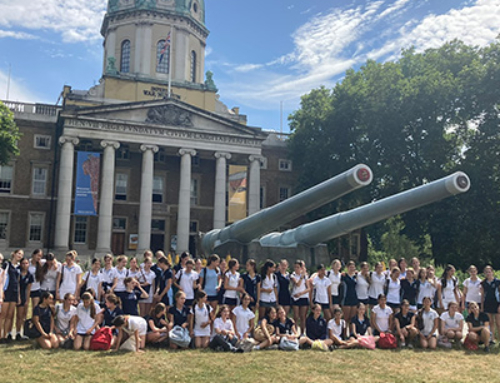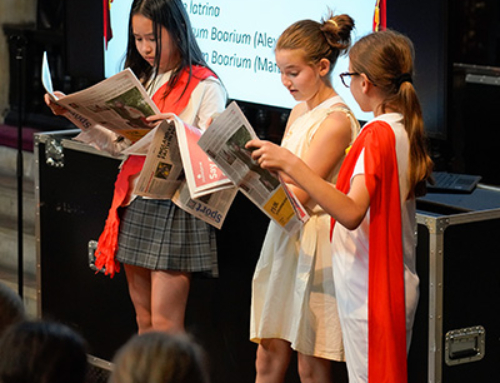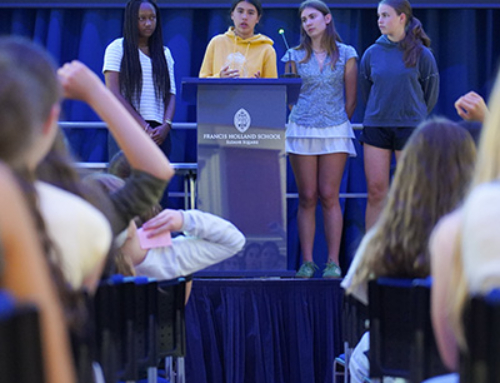As many of you might know, this October is Black History Month. While this month is reserved to commemorate black history, it is important not to forget for the rest of the year as we live our lives. This month reminds us to keep educating ourselves about the history of all cultures and learning to appreciate them, while also doing our part to restore equality in the world.
This week we will be looking at three key black composers/musicians from the past several decades, although there are so many out there, who deserve to be named for their musical ingenuity and influence on the musical world. I would very much recommend using this short article as a starting point of your own musical enrichment and broadening your musical taste.
‘Cheek to Cheek’ sung by Ella Fitzgerald and Louis Armstrong from their Ella and Louis album, 1956
Many of us probably know this song as a staple of the jazz pop era from the 1950s. Although not the original composers of this song, the Ella and Louis rendition is probably one of the most famous (alongside with Fred Astaire if you wish to listen and compare).
‘Cheek to Cheek’ begins with drums and piano accompaniment playing in accordance with the jazz idiom while Louis sings through the whole song. When Louis passes over to Ella, he joins the accompaniment with trumpet and interjects with short improvisations between Ella’s phrases. Towards the end, Louis joins Ella in a vocal duet, creating an interesting contrast between Ella’s purer voice and Louis’ iconic gravelly tone. The song is simple and light, but a great dancing tune and obviously loved by many as it continues to be incredibly popular to sing. Indeed, as of October 2021, ‘Cheek to Cheek’ has been recorded 447 times (according to https://secondhandsongs.com).
‘Mighty River’ by Errollyn Wallen
Belize-born composer, Errollyn Wallen gave up her training at the Dance Theatre of Harlem, New York, to study composition in London and Cambridge. She founded a musical group: Ensemble X and adopted the motto ‘We don’t break down barriers in music… we don’t see any’. This motto reflects her own genuine, free-spirited and eclectic approach to music. Errollyn has been commissioned by many outstanding institutions including the BBC and the Royal Opera House. She has also been the first black woman to be performed at the BBC Proms (1998) and her work, ‘Jerusalem – our clouded hills’, a reimagination of Hubert Parry’s setting, was commissioned for the Last Night of the Proms in 2020.
‘Mighty River’ was first commissioned by the wife of Reverend John Wates, a direct descendant of William Wilberforce, who was part of the Abolitionists- a group largely responsible for abolishing the Slave Trade Act. ‘Mighty River’ was written to mark this very anniversary, while exploring themes of slavery and freedom, with gospel music and spirituals at its core.
Here’s Errollyn commenting on what it was like writing on such a heavy subject:
‘How can you write about something like that? It’s so painful for anybody. So, I thought while thinking about slavery, let me think about being a human being. Let me think about how every human being wants to be free. And in thinking about that and because I love water so much, I got to think about rivers and the feeling of water, always pushing out in the sea, that’s just nature, the feeling, the striving to be free. This piece wasn’t a piece about other composers, it was just music for people to understand that concept and to feel the relentlessness of the pursuit of freedom, which we have today still.’ – NYO interviews composer Errollyn Wallen
The piece opens with a horn solo of amazing grace (a well-known spiritual) with the piccolo and clarinet joining in mid-phrase. The orchestration Errollyn uses is evocative of a river as the melodic lines in the strings interweave and there are elaborate flourishes in the woodwind. The melody of amazing grace keeps returning with an evolving musical background and accompaniment in the orchestra. The life instilled into the instrumental lines through the rhythm drives the piece forward and engages the listener, while filling them with the raw human emotion and hope Errollyn so brilliantly imbeds into her work.


